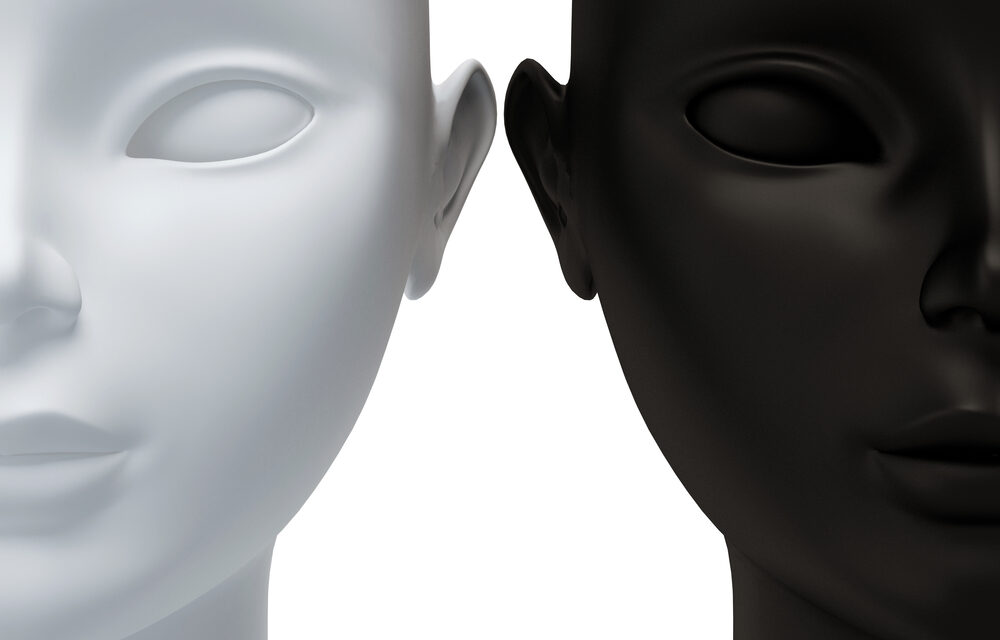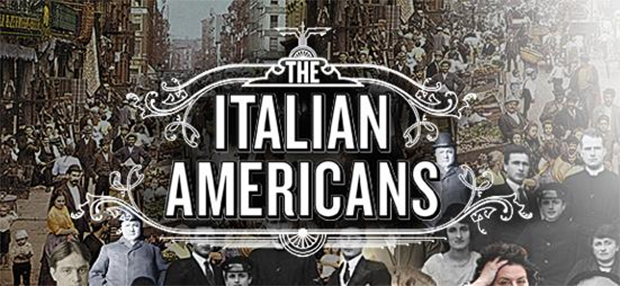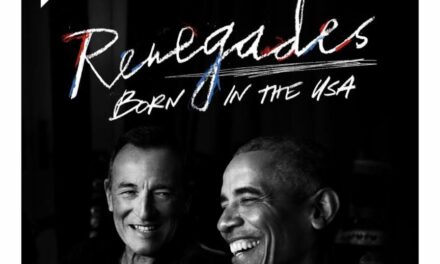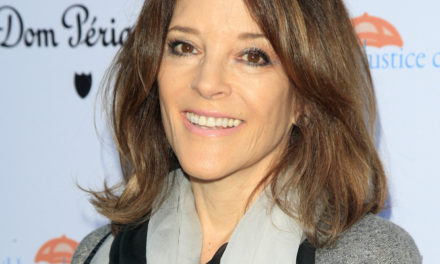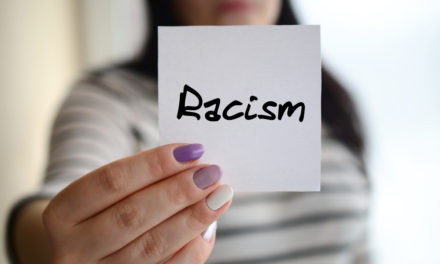People keep asking what it is about George Floyd’s death at the hands of police that has caused so many of us to have more of a reaction than did past crimes that just as horrifically amplified systemic racism in law enforcement.
I’ve been thinking about this for over a week and I’ll tell you what the answer is for me: the juxtaposition of Floyd’s death with the other high-profile racial incident that happened on May 25.
For me, this inflamed reaction is very much about Amy Cooper in Central Park.
Because, if I’m being honest, I could have kept on being aghast at instances of police brutality and I could have kept on writing about how much I hate it, but the truth is I may have just kept on feeling helpless about it, too.
I’m not a police officer. What could I bring to that conversation? What answers or power did I have? There has always been a disconnect for me, from problem to solution, in this particular dialogue and how I might be of service.
But seeing a white liberal woman act like Amy Cooper did in Central Park, knowingly instigating and trying to weaponize those very police who could potentially manhandle, or worse, a black man in the park looking at birds because she felt inconvenienced? That egregious unholstering of privilege — and its proximity to Floyd’s death — accounts for what put me (and I’d presume plenty of others) into action.
”I’m going to tell [police] there’s an African American man threatening my life,” Cooper says when asked to leash her dog by birder Christian Cooper (no relation). She then follows through. “There’s a man, African American, he has a bicycle helmet. He is recording me and threatening me and my dog.”
Look, I don’t have a doubt in the world that Donald Trump has emboldened the worst among us, that MAGA speak ranges from not having to be “politically correct” to denying racism exists to blatant violence and aggression. But this doesn’t lie solely at the feet of the President, his administration and many of his supporters.
Those of us who have the awareness and desire to upend the entrenched inequality in our country need to go from passive to active. What are we missing? OK, I’ll be more specific, what am I missing? What can I do to alleviate the pain in our country?
I’ll start here. One of the things white people who care need to do right now is develop thick skin. We can’t be deterred by other white people who are pushing back nor people of color who feel deeply battered and see our discussion as too little too late. That’s where they are. That’s their reality. But we’re not black. We’re experiencing something else. We must keep going, be OK with discomfort, risk saying the wrong thing. Trust me, it’s better than being passive and polite. If someone tells us we’re “whitesplaining” we don’t need to take it personally – there’s likely someone who needs to hear that whitesplaining or we wouldn’t be in this moment in the first place.
We must push through the difficult dialogue, but the key here is to also know when to shut up and listen. We can be a witness to conversations among black people and hear what they’re saying. Not just about their experiences with police, but about issues in their daily lives that no white person could relate to. How might you and I be contributing to a culture that is perpetuating inequality?
“But I, but I, but I … “ isn’t cutting it anymore. Yes, I shut down racist language in my presence a long time ago. Yes, I’ve been writing about racial inequality since the 1990s. Yes, I’ve learned a lot from black friends and colleagues and I’ve been supportive. Jolly for me. It’s not enough.
As I write this, Michelle Alexander’s 2010 book, The New Jim Crow, is out of stock on Amazon. That’s actually kind of thrilling. Apparently I’m one of many reading that book right now. This book, among many others that have piqued my interest that I never bothered to pick up, is illuminating for me what I should have learned more about in history class as a kid. I’ve flagged so many passages, but here’s just one example:
Deliberately and strategically, the planter class extended special privileges to poor whites in an effort to drive a wedge between them and black slaves.
Reading that was like walking into a dark room and turning on a light. And that’s just chapter one. I’ve only just begun the book, but already I’m hearing its contents – how we came to have mass incarceration in the United States and more — echoed in news articles, on news shows, and in social media discussions. Because the pandemic has actually made me really comfortable with Zoom, I decided to facilitate a discussion on the book at the end of the month. Since putting out my idea, a colleague has asked to partner with me and we’ve got over 20 people so far in our group.
On one hand, this is a drop in the bucket. But as I’ve said many a time to my life coaching clients, sometimes the best and most impactful thing you can do is work on your little corner of the world. I’ve had friends send me helpful links for the book discussion, others express interest in continuing as a book club that focuses on racial issues, still others making recommendations for more books and documentaries to augment our learning.
In 2013 the acclaimed film 12 Years a Slave came out. One day I decided to watch it. I don’t think I made it 10 minutes into the movie before stopping it. I couldn’t bear it, I told a friend. In retrospect, I ask myself, was it seeing black people hurt and degraded that bothered me so? Or was it seeing my fellow white man inflicting it that was so painful?
I suppose both, but in light of my reaction to Amy Cooper now, I wonder. Is it one thing to acknowledge that racism sickens me, but a whole different level to admit the group I belong to is the lyncher, the shooter, the battering thug, the forceful knee, the white supremacist hiring manager, the liberal who willfully weaponizes her privilege? Is it?
For much of my adult life I’ve heard white people castigate an entire race based on the actions of a few black people. We expect “them” to take responsibility for their “kind.” But that only goes one way? We get to divorce ourselves from the despicable actions of our kind?
How very white of us.

